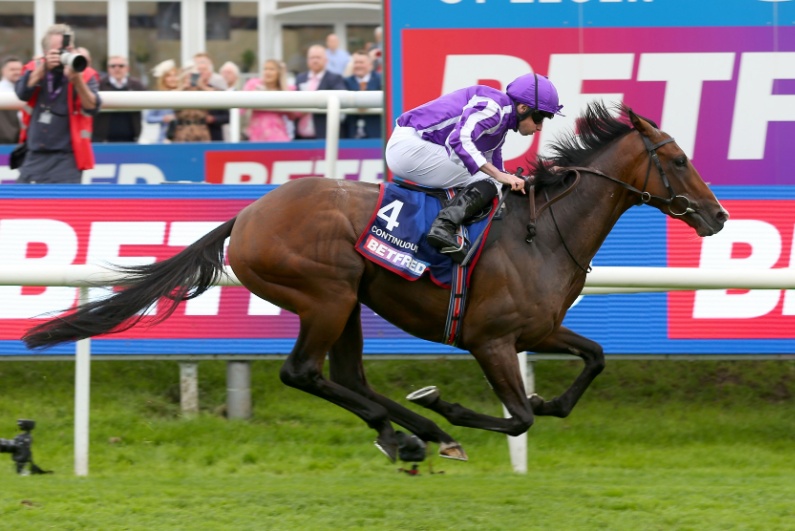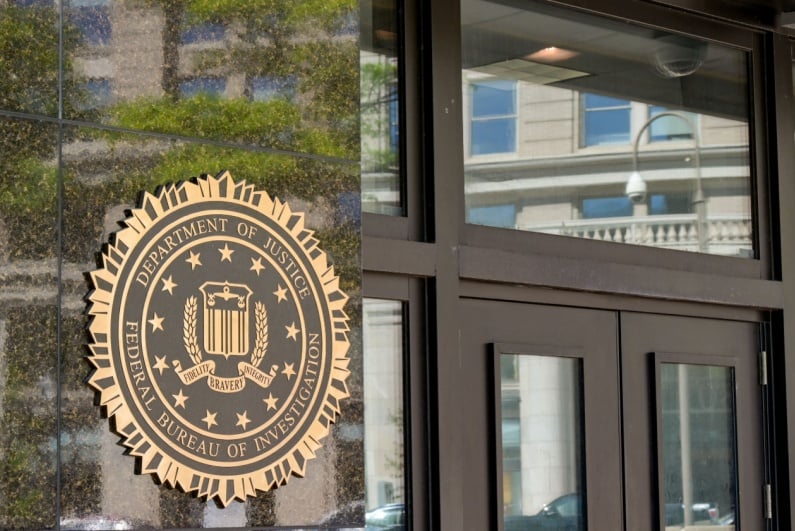Racing exemption proposed
The co-founder of Gamban, a company that makes gambling-blocking software, has proposed that horse racing be excluded from affordability checks in the UK.
when bettors hit a monthly deposit threshold, they are subject to background credit checks
Affordability checks were a controversial addition to the UK’s regulatory landscape in 2024. When bettors hit a monthly deposit threshold, they are subject to background credit checks to determine whether they should be able to continue making deposits with gambling sites.
The racing industry has been particularly critical of the checks, insisting that they are being unfairly targeted and that the checks should be more targeted at higher-risk forms of gambling such as online casino games and slots.
Pilot tests
Affordability checks began as a pilot in August in the UK, with extensive checks triggered for players when monthly deposits reach £500 ($635). The measure is set to be fully adopted in February 2025, when the threshold is set to decrease to £150. Bettors are then subjected to background checks from credit agencies and other financial service platforms.
However, Matt Zarb-Cousin, the co-founder of Gamban, believes that the checks are not sufficiently targeted at the most high-risk forms of gambling.
“I think horse racing needs to get as far away as possible from online casino, [which] is bringing the industry down,” said Zarb-Cousin, speaking on the Barstewards Enquiry horse racing podcast.
racing has not been able to extricate itself from online casino”
“My argument, and it has been a consistent argument, to those involved in advocating on behalf of racing is, the fact racing has not been able to extricate itself from online casino has meant it’s been caught up in these kinds of regulations.
“If racing was to delineate from the current online casino and slots operations, if it was a separate licence or a separate platform, we wouldn’t be having a situation where racing could be subject to affordability checks. It’d be a completely different risk profile in terms of the products.”
Negative outcomes
The UK’s Jockey Club, a horse racing trade organization, has released estimates that the checks will cost the industry over £250m ($317m) over the next five years.
the checks have resulted in an increase in higher-risk forms of gambling like online roulette and slots
In addition, there is evidence to suggest that since their introduction, the checks have resulted in an increase in higher-risk forms of gambling like online roulette and slots, and decreased activity in skill games such as sports betting, horse racing, and poker.
“I don’t like the way the industry conducts them and this is why we’ve campaigned for a much more prescriptive set of rules that would govern how operators have to carry these out,” Zarb-Cousin added.
“We’ve seen very, very intrusive checks that have not been effective and, from my perspective, the problem is in the way the Gambling Commission regulates.”




